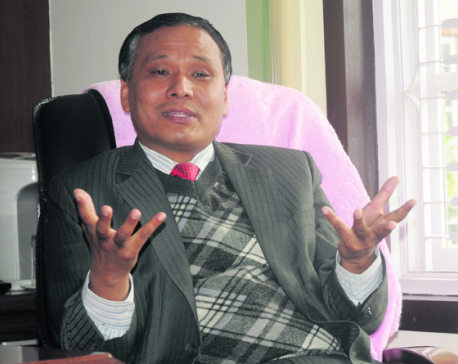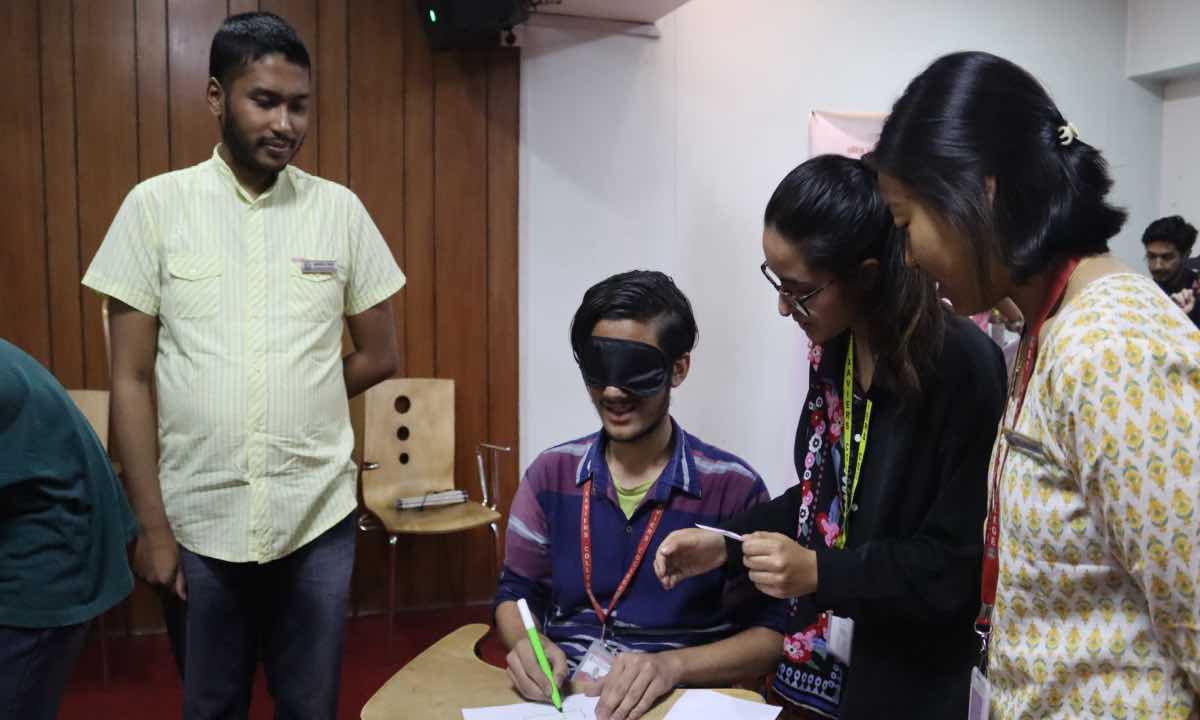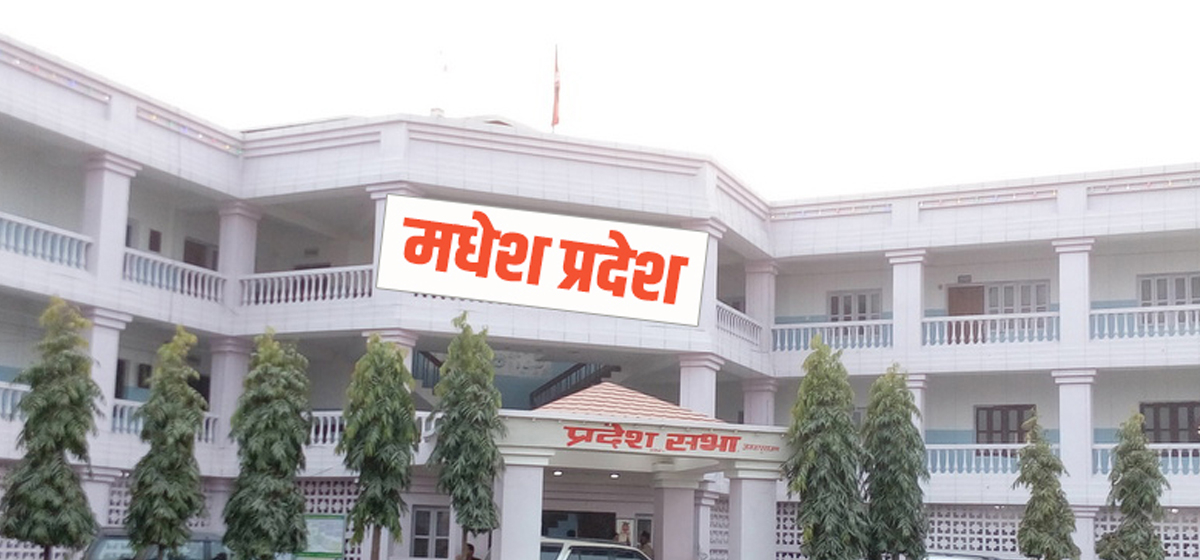
OR

It is sad that long after colonial masters have departed we still classify people solely by their levels of English proficiency
‘One language sets you in a corridor for life. Two languages open every door along the way.’
— Frank Smith
I like this quote as it reiterates the need for learning a second language to meet the demands of a globalised world. A second language gives us an edge over others in all spheres of life, be it personal or professional.
Being a South Asian, English in most of our cases is the second language; a language inherited from our common colonial past. And it certainly has grown to be the language with the widest possible acceptability between nations, between people and for trade. It is a language which has an astoundingly huge vocabulary compared to many others and it can be immensely complex in construct and subtle in expression, all adding to the beauty of its versatility and acceptance.
Like any mature language of expression, English gives one the power to effortlessly express every nuance of human emotion. Yet for people, like me for example, who know the language but still think in their native tongue, we do at times tend to try and do that extra bit to prove our English language skills. Amitabh Bachchan’s famous dialogue from the 1982 movie Namak Halal is a masterpiece: “I can talk English, I can walk English, I can laugh English, I can run English, because English is such a phunee (funny) language.” The actor plays the role of a village bumpkin and this is how he demonstrates his proficiency in English to his prospective employer. Guess what! He gets the job.
With liberalization and the world gradually transforming itself into one big market, English has become the contemporary lingua franca binding people across the world sharing one common language of communication. To add to this new phenomenon, many in this part of the world think that English language boosts our confidence and is deemed to be a passport to career advancement.
Undue fixation
English is believed to be a magic wand that blurs the skill gap, offering work options and social acceptability. We envisage an indelible link between English proficiency and job opportunities leading to economic success, which is why most parents enroll their children in an English medium school. We like to hear our children converse in English when they step out of home. We cannot overlook the sheer satisfaction of seeing and listening to them prattle away in the Queen’s language. Who amongst us has not covertly patted our own backs on achieving this singular achievement?
Across South Asia the English language is considered an absolute must to unlock avenues. English speaking people are automatically coded as intelligent, modern and elite. English as a language has an elevated status with an overwhelming fondness for names so English. We name our pets Rocky, Tommy, Jimmy and the list goes on. In India people name their children as lovely, dimple, sweetie, happy, silky, etc. North Indian families go a bit further and change Kamal to Kam, Paramjit to Pam, Sandeep to Sandy, Rakesh to Rocky, Sanminder to Sanman to give just a few examples. People choose to have an English name for its style quotient, for status and for fashion. But then like Shakespeare wrote, what’s in a name?
English mania
Jay Walker’s TED talk on English Mania explains why billions of people are trying to learn English—‘the world’s second language.’ This edition of Ted Talk makes us realize that while our first language is our native language but with English we can participate in a global conversation about global problems. Chinese students are taught English by making them scream on top of their voices to help them learn the correct pronunciation of a word.
The obsession to learn English among the South Korean population is so mindboggling that they don’t mind undergoing a tongue surgery called ‘lingual frenectomy’ which helps them in better enunciating certain letters of the English alphabet. Children are not spared this torture because parents assume that this would provide them an access to a world of opportunities beyond national borders.
In India, the so-called modern family accentuates their liking for English by hiring domestic helps who can communicate in English, so that the little toddler learns the language at an early age. This possibly stems from an illusion that speaking in English signifies high class and is equal to being intelligent. Yet, intelligence is not how good we are in speaking English but how skillfully we use the language to express our thoughts. It is a common perceptual error that is made while forming an opinion about others. It is sad that long after our colonial masters have departed we still classify people solely by their levels of English proficiency.
Lost in the crowd
Rita Mae Brown, an American writer exquisitely describes language as the road map of a culture as it tells you where its people come from and where they are going. Imagine a world with no language at all and imagine the arduous effort we would have had to make to express our emotions and feelings. Language empowers us. It helps us communicate and sets us apart from our primates. Language and culture has an inseparable link. It forms the nexus of our values and attitudes which aesthetically intertwines communication between people, groups, organizations and countries.
We are neither here nor there. In fact, we are lost in transit. The obsession for English has resulted in a digression from a simple motive of learning a language to an intention of showcasing a certain social status. English is not the be all and end all. It is just a language like any other language. Yes, English is a universal language which has global acceptance, but it is still nothing more, nor less, than a means of effective communication. Our extreme fondness for the English language should not result in the loss of our unique identities because that would be the greatest disservice one could do to the world. Can you imagine a world where everyone was English? Wouldn’t that be awfully boring?
The writer is a freelancer based in New Delhi
You May Like This

Our Nepal, Our Pride
Our heaven on Earth, Nepal, our Pride, Our domicile of God is free as infinite As the sun’s portentous rays... Read More...

Lighting up our lives
‘I will come to meet you one day in form of light. I will illuminate, I will make my village... Read More...

Our target is to win the title: Nepal Head Coach Koji
KATHMANDU, Nov 1: Nepal is targeting to win the title of AFC Solidarity Cup as said by Head Coach of... Read More...







Just In
- Lungeli appointed as Minister for Labor and Transport in Madhesh province govt
- Bus knocks down a pilgrim to death in Chitwan
- One killed in tractor-hit
- Karnali Chief Minister Kandel to seek vote of confidence today
- Chain for Change organizes ‘Project Wings to Dreams’ orientation event for inclusive education
- Gold price decreases by Rs 200 per tola today
- National Development Council meeting underway
- Meeting of Industry, Commerce, Labor and Consumer Welfare Committee being held today













Leave A Comment